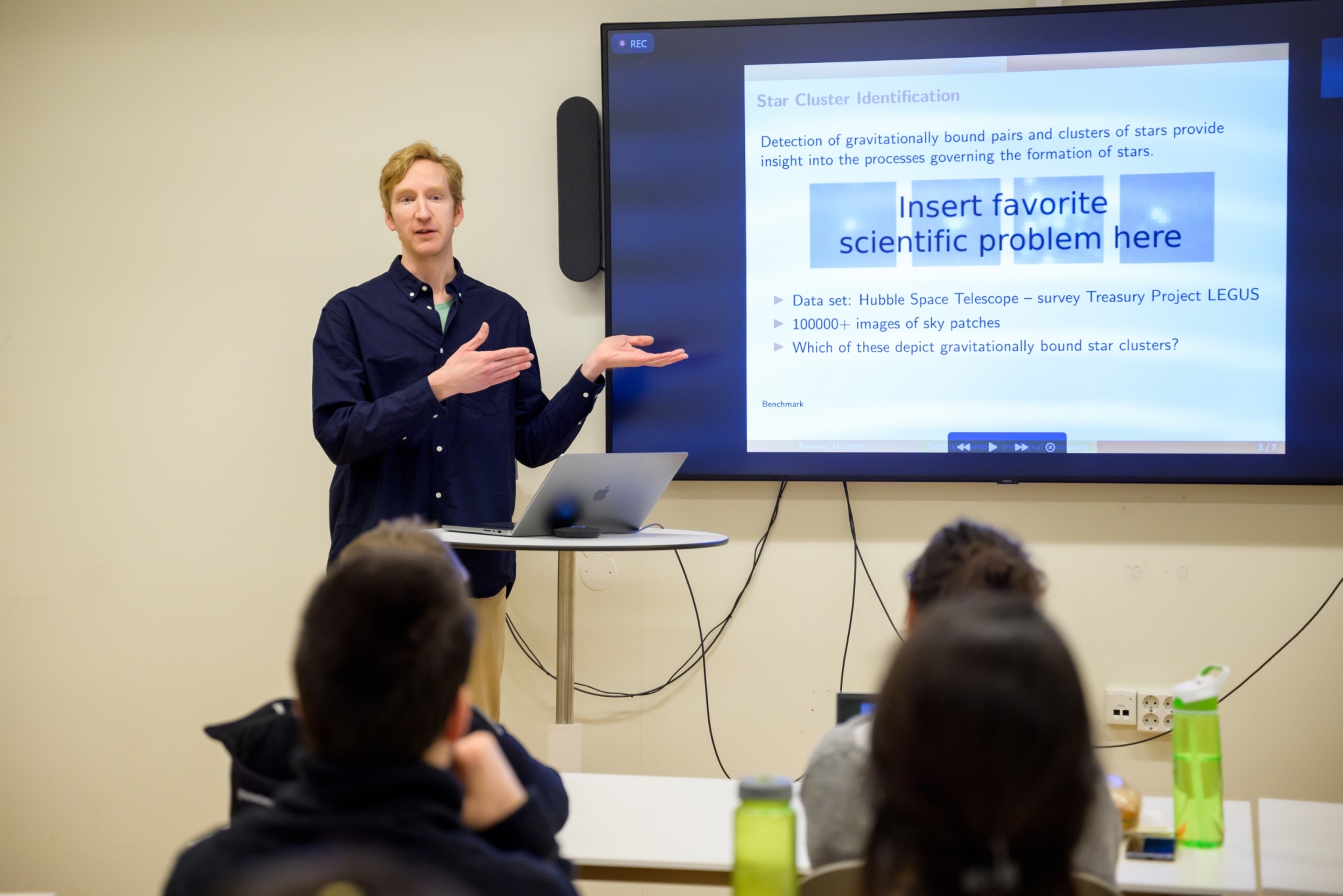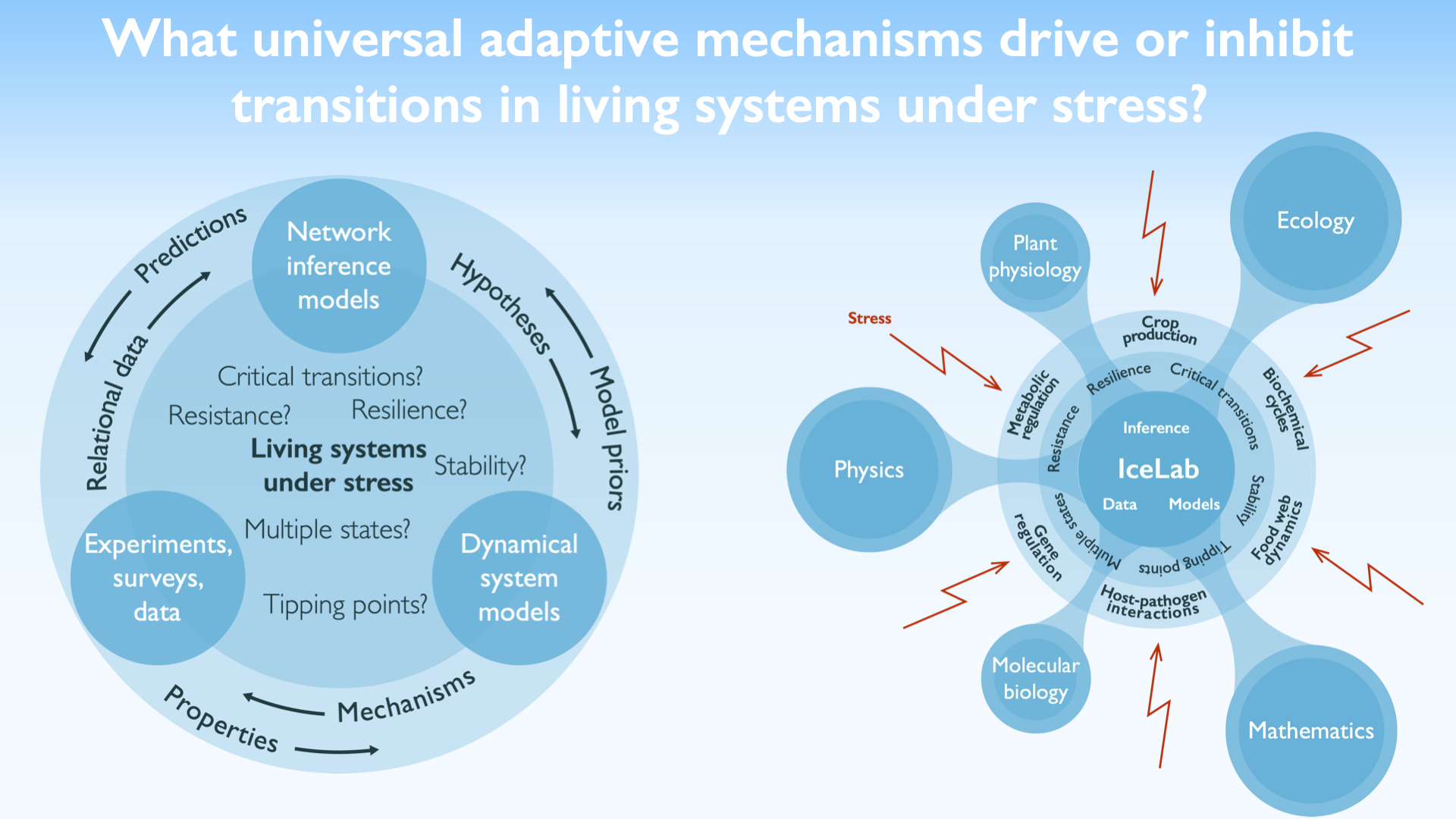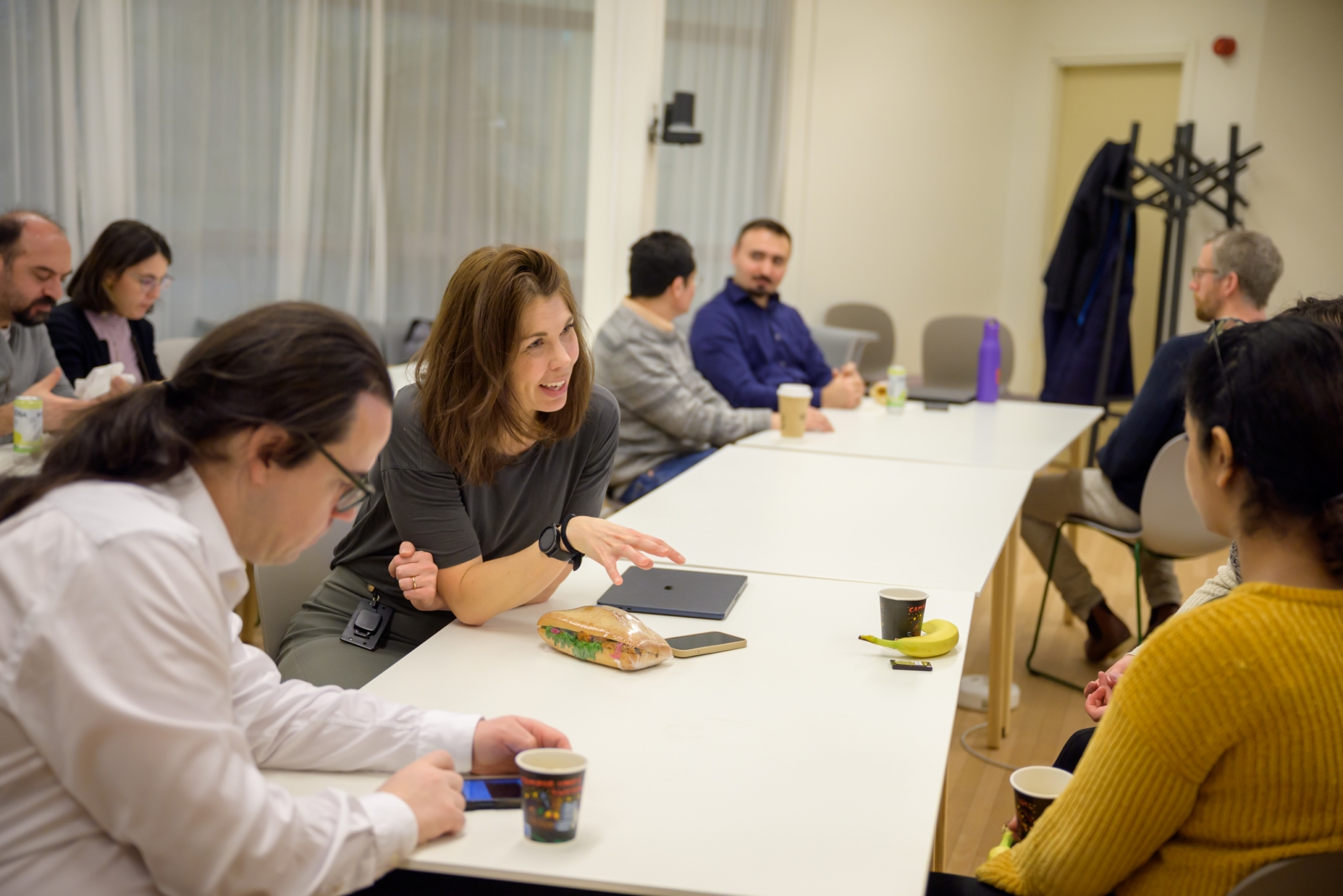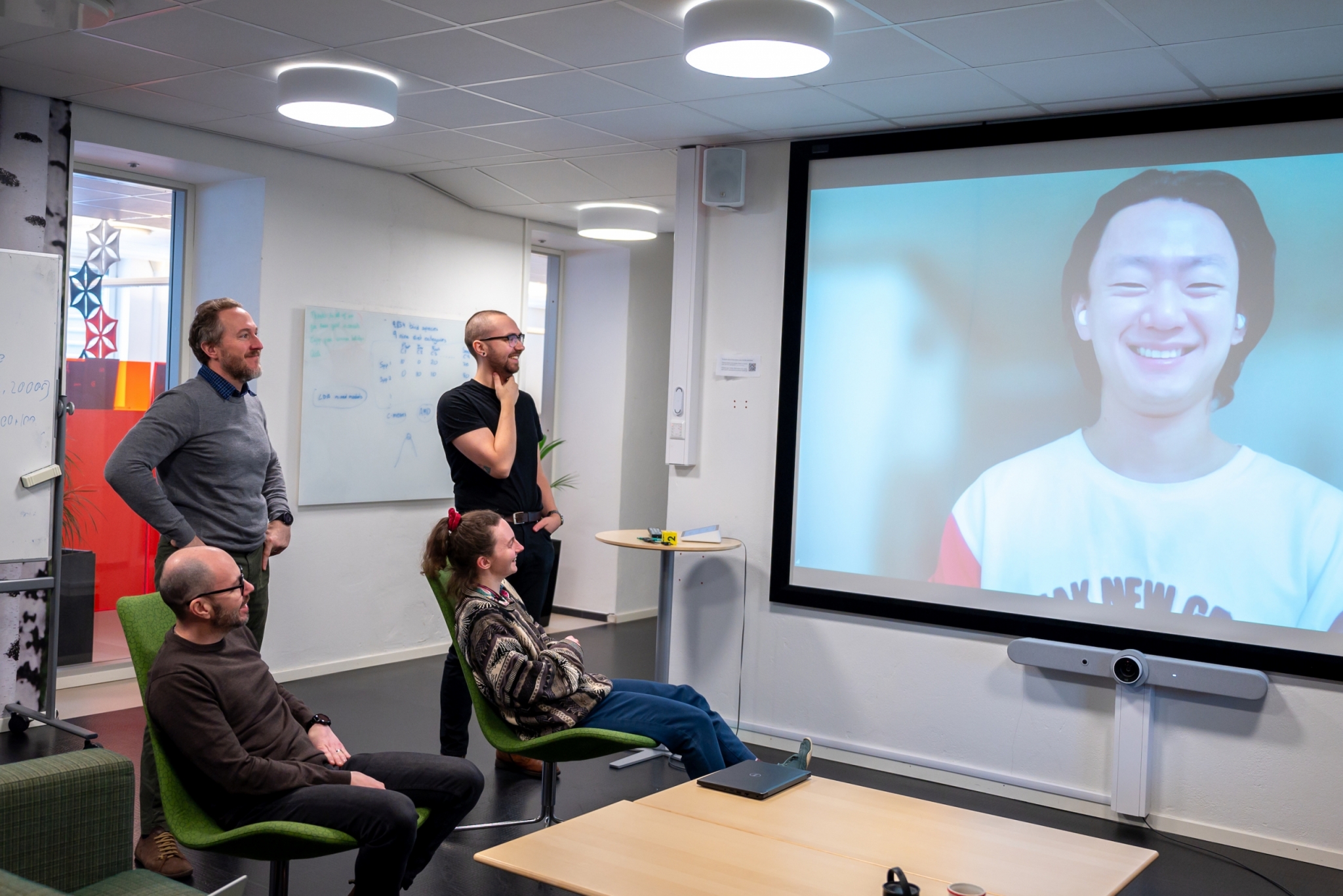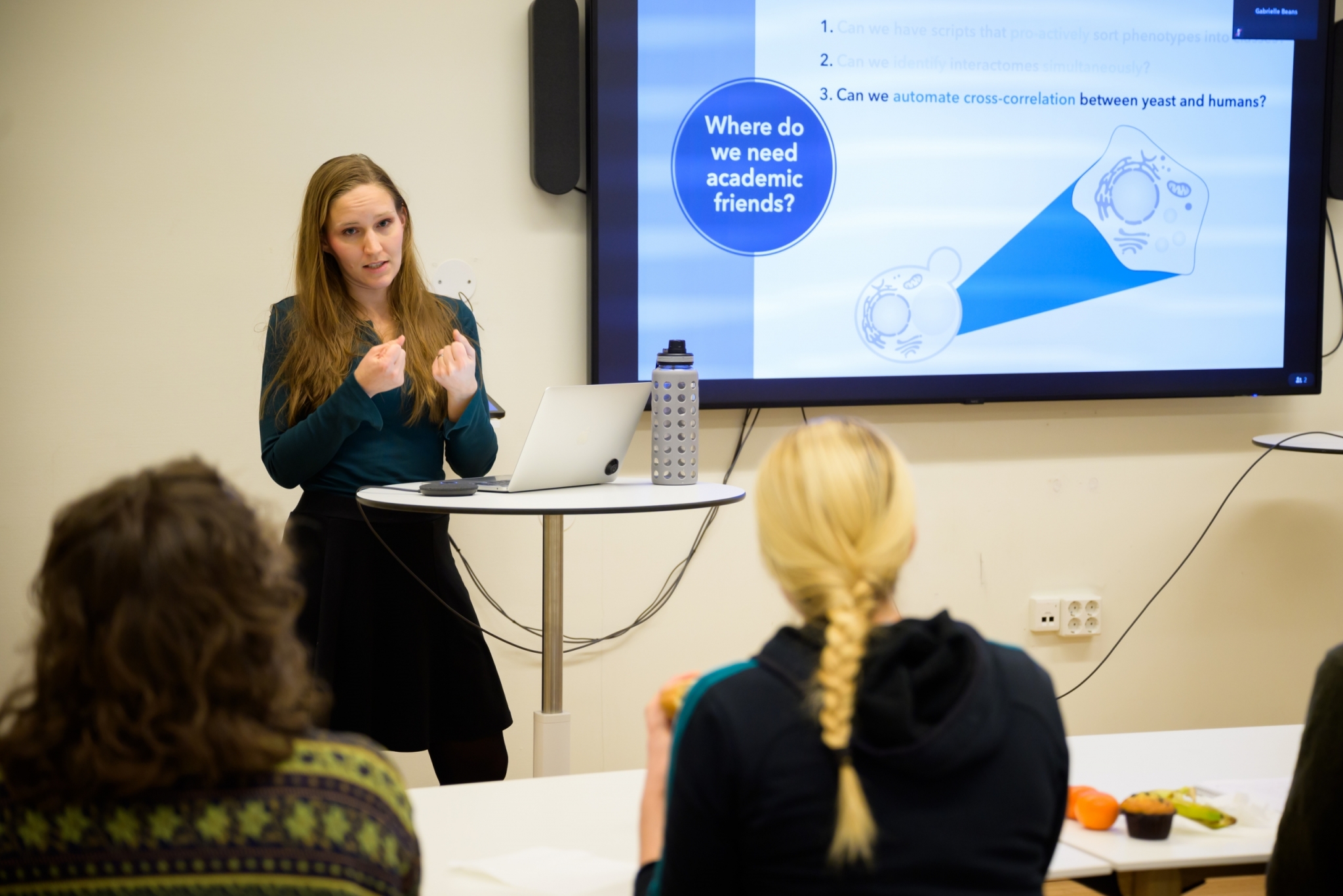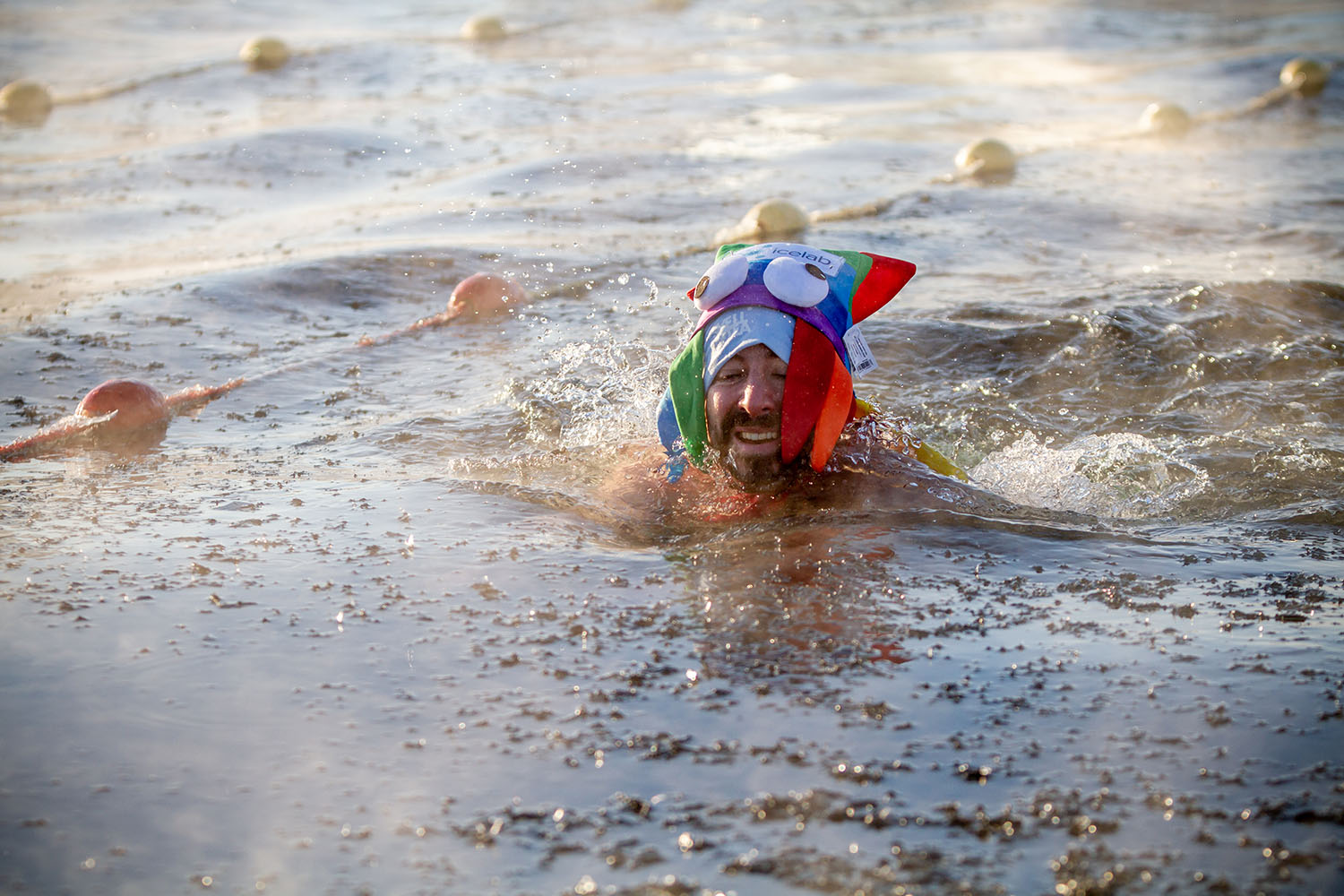Profile
I am interested in ecological dynamics, where my subject of study has been food webs in aquatic ecosystems for several years. I integrate experimental and theoretical approaches to answer my research questions. I do not do anything alone, so I am pleased to work in an atmosphere full of passionate people. Working in a group is something I particularly enjoy.
Current Projects
The Latest Posts
This IceLabber has yet to write a post, but while you’re waiting, check out other musings here.


